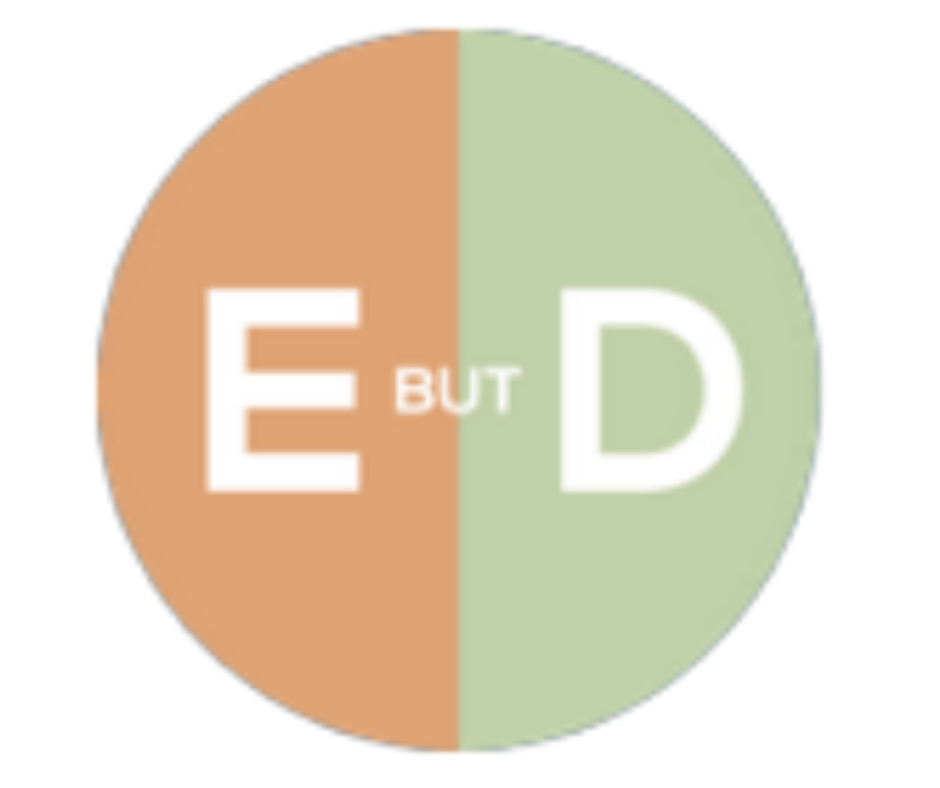Our King, Abortion and Us
What Is Your Experience of Abortion?
Maybe you have had an abortion. If you haven’t, it’s very likely you know a woman who has and quietly carries the experience around with her every day. She has quite possibly told no one about it. We can easily be oblivious to the sadness that lies behind the faces of those around us, including our Christian sisters. Then of course you’ll also know men, families, friends and health workers who have experienced abortion up close and quietly carry the burden of it too.Abortion is more common than we often realise.
So, it’s important to talk about abortion thoughtfully as Christian women. There are many ways in which God’s Spirit can take up this issue and use it to probe, convict and comfort every one of us through His Word. In these three short articles, we will let God’s Word talk us through abortion and show us something of ourselves, our King and His Kingdom love at work.
Article One - Choosing Abortion
Vulnerability can be frightening, and pregnancy certainly involves vulnerability. The mother, the father, perhaps the siblings, family and friends, all find themselves in some way stretched to make room for this new, wondrous but utterly dependent and demanding person. The vulnerability of pregnancy is magnified when the pregnancy is unplanned, unwanted or the baby shows signs of major disability.
For many women in particular, it can be terribly difficult to see such a pregnancy positively. It means a reorientation to a very different future to the one expected. It is often a future devoid of the things she values and hopes for. She may face much grief. She may face losing relationships, freedom, security, career, opportunities or a sense of youth. She may fear losing a sense of control over her life. She may fear rejection by her family and friends. She may fear being pushed to the sidelines of life and even losing a sense of her own worth. A significant number of women who seek abortions are mothers who feel they cannot cope with another child. A father may feel similarly as might grandparents and others close to the woman.
You may notice in the news that the watchwords for legalising abortion are a woman’s right to choose. In other words, her ability to rule herself, control her own body and choose her own life story without interference from others. A woman in the frightening situation of an unplanned or complicated pregnancy in our community will likely hear messages that don’t seem that shocking. In fact, they may be driven by concern for her situation. Messages like: ‘choose what is best for your welfare’;‘an abortion may be a sad thing to do but it will save you from an awful experience and get you get your life back on track’; and ‘it may even be the kindest thing for the baby’.
For many women, though, the true experience of autonomy is one of isolation and little to no support to embrace the pregnancy. They may, indeed, be presented with very little choiceby partners, families, health professionals, government authorities, educators or employers. They may feel very much abandoned by others in their vulnerable situation.
Other women chose to have an abortion more readily without realising that it is not a ‘quick fix.’ It does not necessarily ease their pain. Rather, their baby is suddenly lost, and they may well carry the burden of grief and guilt for the rest of their lives.
The choice to abort is made because it seems to those most influentially involved that the well-being of a woman or those around her demands the life of another. Most accept that a foetus is a human being – but one who’s life is only of relative value. d
Ultimately, in a society that encourages self-determined well-being, abortion seems a reasonable and even good path to take when faced with the challenges of a complicated or unplanned pregnancy. When protecting self is non-negotiable, it makes sense to remove another who threatens the life we want. It seems right to say that the lives of the youngest, most vulnerable people in the womb are less valuable than the needs and desires of the adults around them. It makes sense even when most people find abortion procedures too disturbing to watch or even hear described.
Our Choices
However, even as we insist that abortion is neither right nor good in God’s world, we must stop and confess that we are all complicit in the values that drive abortion. We are all guilty of being persuaded by worldly thinking; of wanting to rule our own lives and seeking self-made well-being; of being indifferent to other’s needs; of devaluing those who throw our lives off course, especially when we do not directly know or see them; and justifying ourselves as we go. The essence of self-rule has not changed since Genesis 3:4-5, when Adam and Eve believed the serpent’s message: ‘don’t worry about God, do what’s right for you. Be your own sovereign self’. The Bible and human history show that sinful human beings will always be hostile to God’s kingship and find ways to justify doing what feels right for us at another’s cost.
How can we start to address the many tragic aspects of this issue of abortion? The first place to go to is the gospel of Jesus. We’ll look at some ways the gospel shapes our thinking on abortion in the next article.
Robyn Bain
Robyn is incredibly grateful that God called her into His family at 17. She loves doing life with her husband Andrew and her two girls Guinevere and Julia. She studied at Moore College and the Queensland Theological College where Andrew is Vice Principal. Robyn enjoys chairing the GROW Women’s Conference, sharing the Bible with women, writing on and helping Andrew teach ethics at QTC, and jogging slowly.

